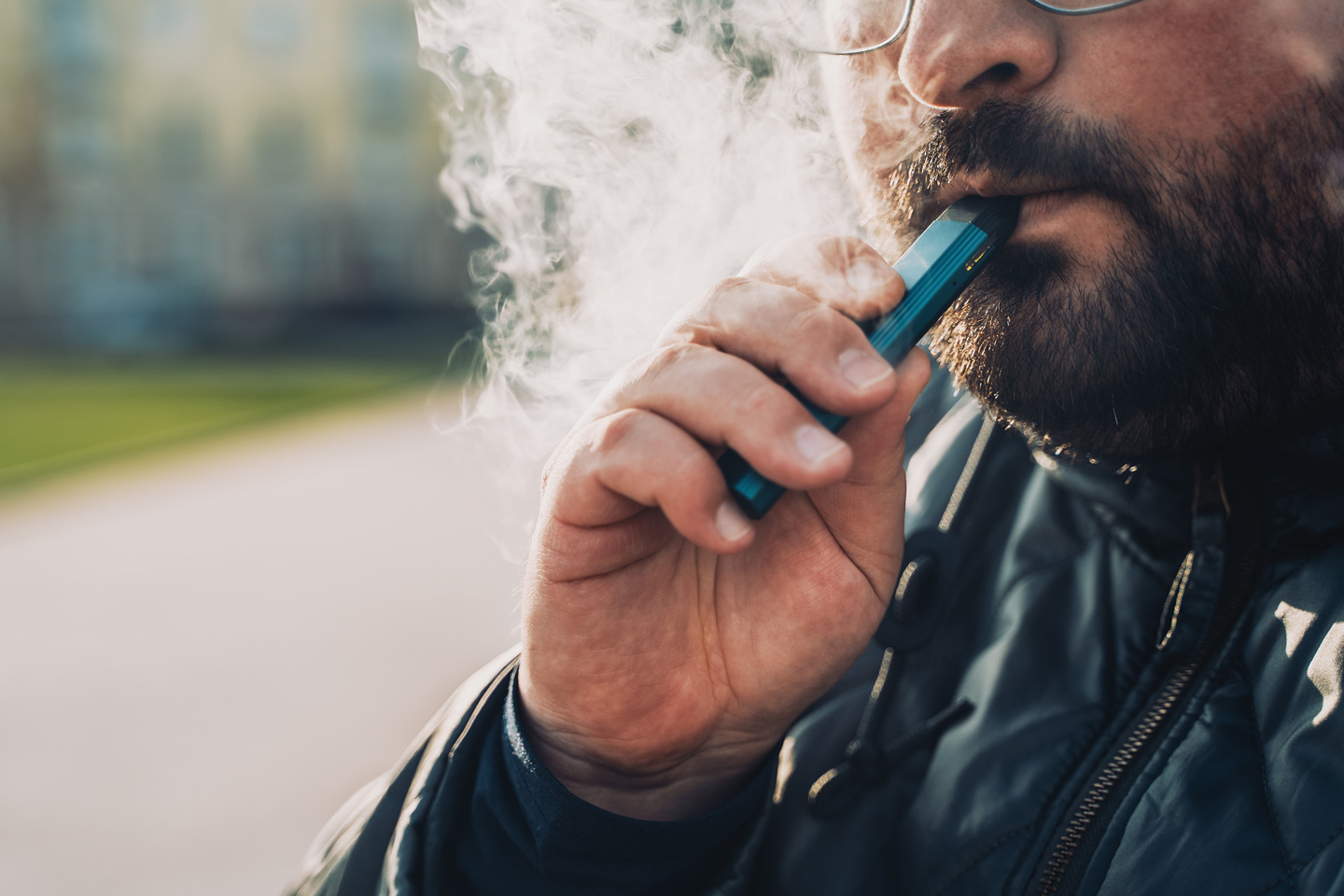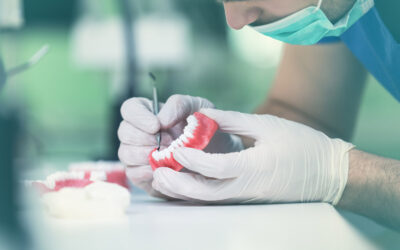Can I Vape After a Tooth Extraction? What You Need To Know

Understanding the Healing Process
Vaping has surged in popularity as an alternative to traditional smoking, with many turning to e-cigarettes for various reasons, including perceived health benefits or as a smoking cessation aid. However, when it comes to dental health, particularly after a tooth extraction, questions arise about the safety of vaping. Is it safe to vape after such a procedure? Let’s delve into this topic to understand the potential risks and considerations.
The Impact of Nicotine on Healing
Firstly, it’s crucial to recognize that after a tooth extraction, the oral cavity undergoes a complex healing process. This process is vital for preventing infection and promoting tissue regeneration. Any activity that disrupts this process or introduces foreign substances into the healing area can potentially lead to complications.
One primary concern with vaping after a tooth extraction is the impact of nicotine on the healing process. Nicotine, a vasoconstrictor, narrows blood vessels, reducing blood flow to the surgical site. Limited blood flow can impede the delivery of oxygen and essential nutrients, slowing down healing and increasing the risk of complications such as delayed wound healing or infection.
Moreover, nicotine has been shown to have adverse effects on gum health and can compromise the body’s immune response, further increasing susceptibility to infections. Therefore, individuals who vape nicotine-containing e-cigarettes should exercise caution after a tooth extraction to minimize these risks.
Challenges of Vaping During Healing
Additionally, the act of vaping itself may pose challenges during the initial stages of healing. The inhalation of vapor could potentially introduce bacteria or irritants into the surgical site, leading to complications such as dry socket or infection. Dry socket, occurring when the blood clot in the extraction site becomes dislodged or dissolves prematurely, exposes the underlying bone and nerves, leading to extreme pain and delayed healing.
Furthermore, the heat generated by vaping devices could irritate surrounding tissues and impede the healing process. Excessive heat can cause tissue damage and inflammation, complicating recovery and prolonging discomfort.
Considerations with Vaping Products
However, it’s essential to note that not all vaping products are created equal. Some e-liquids contain a wide range of ingredients, including flavorings, propylene glycol, vegetable glycerin, and other additives. While these ingredients are generally recognized as safe for oral consumption, their safety when inhaled as vapor is not as well understood, particularly in the context of post-operative healing.
Moreover, some individuals may be sensitive or allergic to certain ingredients commonly found in e-liquids, exacerbating inflammation or irritation in the oral cavity and hindering the healing process.
Guidance for Post-Extraction Recovery
Given these potential risks and uncertainties, it’s advisable for individuals who have undergone a tooth extraction to abstain from vaping, especially in the immediate aftermath of the procedure. It’s crucial to follow the post-operative instructions provided by your dentist or oral surgeon carefully, which typically include guidelines on oral hygiene, diet, and activity restrictions to promote optimal healing.
Alternative Nicotine Management Strategies
If you regularly vape and are concerned about managing nicotine withdrawal during the recovery period, consider alternative nicotine replacement therapies such as patches or gum, under the guidance of a healthcare professional. These options can help alleviate cravings without compromising the healing process or risking complications.
Conclusion
While the safety of vaping after a tooth extraction is not definitively established, there are several potential risks and considerations to take into account. Nicotine-containing e-cigarettes can impede the healing process and increase the risk of complications, while the inhalation of vapor and exposure to various e-liquid ingredients may irritate the surgical site and hinder recovery. Therefore, it’s advisable for individuals to refrain from vaping after a tooth extraction and prioritize their oral health and well-being during the critical healing period. By following these recommendations, you can ensure a smoother recovery process and reduce the likelihood of complications associated with vaping after tooth extraction.



